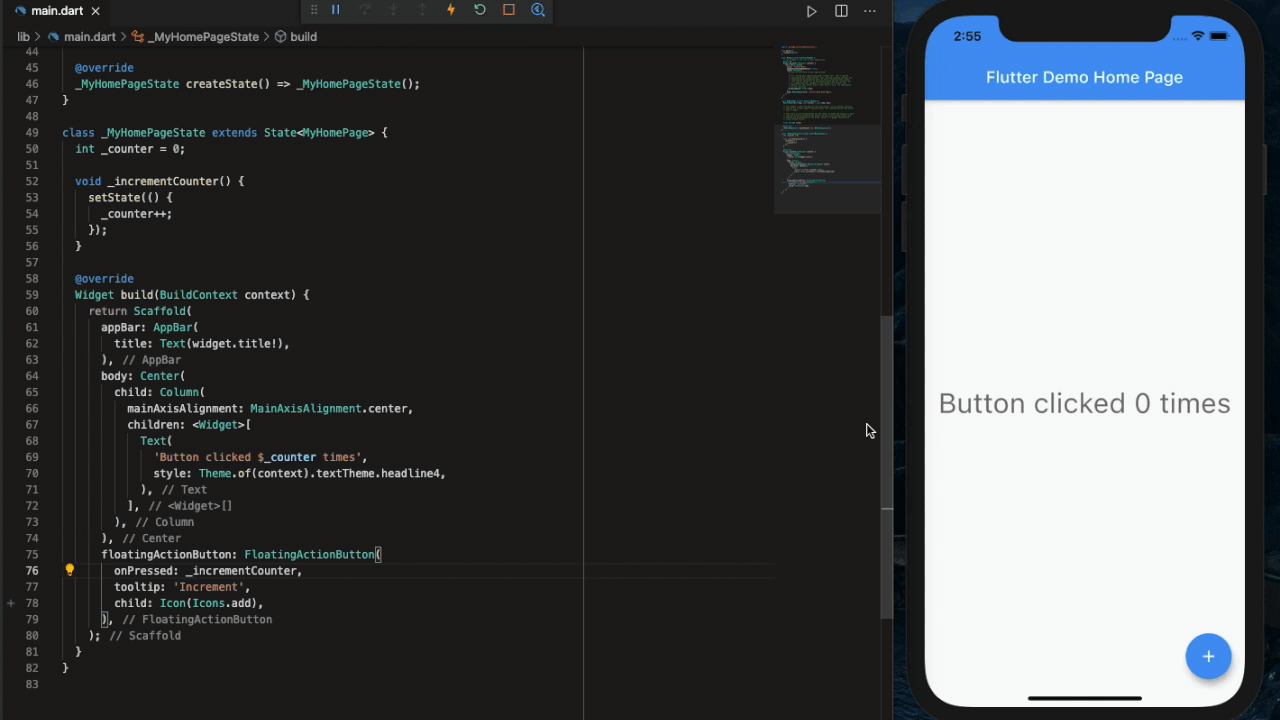I recently added some code to keep hover events from being propagated when a mouse wasn't attached. While that works, there are times when it can fire callbacks during the building of other components, since they can now be called from detach/attach. This is not ideal, since it will assert then. This changes the code so that it won't update the annotations during attach/detach, but also won't push the annotation layer unless a mouse is connected, achieving the same result as before, but with better semantics. The basic problem is that in the detach for RenderPointerListener, it would detach the annotation, which could cause onExit to be called on the annotation, since the widget was disappearing under the mouse, and thus needs to receive an onExit, but that onExit might be (and probably will be) calling setState, which marks the owning widget as needing to be built, sometimes when it already has been. The fix creates a new _ListenerElement that overrides activate and deactivate in order to tell the render object ahead of the detach that it might be detached, and so the onExit gets called before the detach instead of during it. In addition, I now avoid scheduling more than one check for mouse positions per frame.
Flutter is Google's mobile app SDK for crafting high-quality native interfaces on iOS and Android in record time. Flutter works with existing code, is used by developers and organizations around the world, and is free and open source.
Documentation
For announcements about new releases and breaking changes, follow the flutter-announce@googlegroups.com mailing list.
About Flutter
We think Flutter will help you create beautiful, fast apps, with a productive, extensible and open development model.
Beautiful apps
We want to enable designers to deliver their full creative vision without being forced to water it down due to limitations of the underlying framework. Flutter's layered architecture gives you control over every pixel on the screen, and its powerful compositing capabilities let you overlay and animate graphics, video, text and controls without limitation. Flutter includes a full set of widgets that deliver pixel-perfect experiences on both iOS and Android.
Fast apps
Flutter is fast. It's powered by the same hardware-accelerated Skia 2D graphics library that underpins Chrome and Android. We architected Flutter to support glitch-free, jank-free graphics at the native speed of your device. Flutter code is powered by the world-class Dart platform, which enables compilation to native 32-bit and 64-bit ARM code for iOS and Android.
Productive development
Flutter offers stateful hot reload, allowing you to make changes to your code and see the results instantly without restarting your app or losing its state.
Extensible and open model
Flutter works with any development tool, but includes editor plug-ins for both Visual Studio Code and IntelliJ / Android Studio. Flutter provides thousands of packages to speed your development, regardless of your target platform. And accessing platform features is easy. Here is a snippet from our interop example:
Future<void> getBatteryLevel() async {
var batteryLevel = 'unknown';
try {
int result = await methodChannel.invokeMethod('getBatteryLevel');
batteryLevel = 'Battery level: $result%';
} on PlatformException {
batteryLevel = 'Failed to get battery level.';
}
setState(() {
_batteryLevel = batteryLevel;
});
}
Flutter is a fully open source project, and we welcome contributions. Information on how to get started can be found at our contributor guide.

